If you want to give money to your favorite charity, how should you do that? The obvious option is to write them a check (though these days, it’s more likely to be done electronically). Quick, easy, no strings attached. They get the money now to help keep their charitable mission going.
Exploring Ways to Give to Charities
Another way—less common but potentially more valuable—is to give the charity something else of value. For example:
- An old car
- A house
- Federal patents for a valuable widget
- A life insurance policy
- Required Minimum Distributions from your IRA
You can donate any of these assets to a charity, which may keep them or sell them for cash.
No matter how or what you give1, you get an income tax deduction in the year you make the gift. However, in some circumstances, you may not actually be able to use the full tax deduction when you file your taxes.
For instance, if you don’t itemize deductions on your tax return, you won’t see any tax benefit for your charitable gift. In 2025, the standard deduction is $15,000 for a single filer and $30,000 for married couples filing jointly. So your charitable gifts, combined with state and local taxes, home mortgage interest, and certain medical expenses, must exceed these thresholds to count.
Understanding Donor Advised Funds
This is where a donor advised fund (DAF) can come into play. A DAF allows you to make a contribution to the fund and receive an immediate tax deduction, even if the money isn’t distributed to a charity right away. Think of it as your charitable savings account. You can contribute cash, stocks, or other assets to the fund, and your donation is invested until you decide which charity or charities to support.
So, should I use a donor advised fund? It depends on your goals and tax situation, but DAFs offer distinct advantages.
The Flexibility and Benefits of Donor Advised Funds
One of the major advantages of using a DAF is the flexibility it offers. You can contribute to your DAF in a high-income year, take the tax deduction, and then distribute the funds to your chosen charities over time. This allows you to maximize your tax benefits while still supporting your favorite causes.
Are you looking to simplify your charitable giving while gaining the ability to strategically support the causes you care about most? A DAF might be the right solution.
Additionally, a DAF gives you time to research and select charities that align with your philanthropic goals, rather than feeling rushed to make decisions by a deadline (such as December 31).
At BentOak Capital, we specialize in aligning your charitable giving with your overall financial goals, ensuring you make the most of opportunities like donor advised funds. With our expertise, we can help you strategically maximize both your tax benefits and the long-term impact of your generosity.
Donor Advised Funds as an Estate Planning Tool
One of the major advantages of using a DAF is the flexibility it provides. You can contribute to your DAF in a high-income year, take the tax deduction, and then distribute the funds to your chosen charities over time. This allows you to maximize your tax benefits while still supporting your favorite causes.
There’s no greater joy than knowing your generosity can make a lasting difference. With a donor advised fund, you can ensure your charitable giving aligns with your values and creates a meaningful impact for years to come.
Should You Use a Donor Advised Fund?
If you’re considering making a substantial charitable contribution and want to take advantage of immediate tax benefits, you might ask yourself: Should I use a donor advised fund?
A donor advised fund could be an excellent option. It provides flexibility, an opportunity to strategize your giving, and the ability to create a lasting impact. Just be sure to weigh the pros and cons carefully to ensure it’s the right fit for your charitable aspirations.
To learn how BentOak Capital can help you make the most of your charitable giving, contact us today.
1 There are of course rules for gifts of anything that’s not cash. For instance, some types of assets (the car, the house, the patents) require a qualified appraisal. Also, you have to fill out Form 8283.
Please remember to contact BentOak Capital (“BentOak”), in writing, if there are any changes in your personal/financial situation or investment objectives for the purpose of reviewing/evaluating/revising our previous recommendations and/or services, or if you want to impose, add, to modify any reasonable restrictions to our investment advisory services, or if you wish to direct that BentOak to effect any specific transactions for your account. A copy of our current written disclosure Brochure discussing our advisory services and fees continues to remain available upon request or at www.bentoakcapital.com.
This information is not intended to be a substitute for specific individualized tax or legal advice. We suggest that you discuss your specific situation with a qualified tax or legal advisor.
The opinions voiced in this material are for general information only and are not intended to provide specific advice or recommendations for any individual. All performance referenced is historical and is no guarantee of future results. All indices are unmanaged and may not be invested into directly.
Securities offered through LPL Financial, Member: FINRA/SIPC. Investment advice offered through BentOak Capital, a registered investment advisor and separate entity from LPL Financial.







